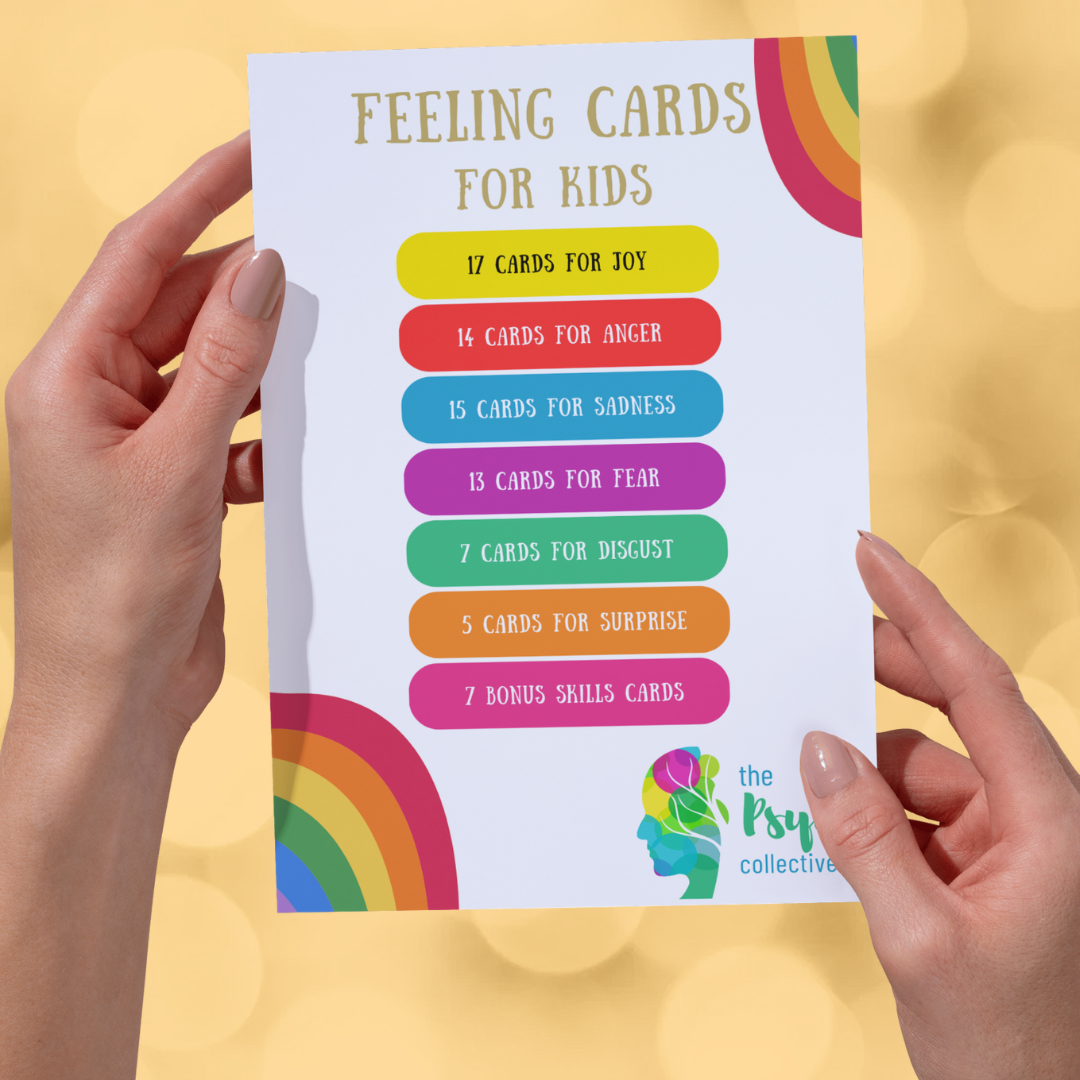Suspicious Overcontroller
Suspicious Overcontrollers have certain behaviours and ways of thinking that can be confusing and worrying. These individuals deal with a lot of problems, like PTSD, unhelpful ways of coping, wanting everything to be perfect, and feeling like they need to control everything. If we understand why they think and act this way, we can show them empathy and give them the support they need.
In this blog, we'll delve deeper into the complexities of Suspicious Overcontrollers and explore how their past experiences and fears shape their behaviour. By helping you understand how Suspicious Overcontrollers think and feel, we can offer the help they need to feel better.

Understanding Triggers and Responses
Many Suspicious Overcontrollers act the way they do because of things that happened to them in the past that made them feel scared and vulnerable. Things that remind them of those experiences, called triggers, can make them feel extremely anxious, where the need to maintain control becomes most important. It's a coping mechanism, albeit a maladaptive one, born out of a deep-seated fear of experiencing harm again.
The Constant Pursuit for Safety
At the core of the Suspicious Overcontroller's mindset is a relentless pursuit of safety. They monitor their surroundings meticulously, including their partners, children, and even themselves, convinced that only they possess the keen insight necessary to detect and prevent any potential danger. Every action they take is driven by the desire to keep themselves and their loved ones safe, even if it means sacrificing trust and autonomy in the process.
Maladaptive: The Dangers of Excessive Control
With their strong desire to stay safe, Suspicious Overcontrollers can sometimes cause problems. They try so hard to control everything that it can make their relationships difficult. Their loved ones might feel overwhelmed by the constant checking and strict rules. Plus, their lack of trust can make things even more tense and suspicious, making their fears even worse.
Suspicious Overcontroller Vs. Perfectionistic
While Suspicious Overcontrollers are focused intensely on safety, perfectionists are fixated on their performance and achieving perfection. They think that if they do everything perfectly, they can avoid failure and keep control over their lives. But trying to be perfect all the time just makes them more anxious and insecure. They worry a lot about not meeting their own high standards and feel even worse if they make a mistake.
Recognising the Healthy Adult
Breaking free from the grip of suspicious overcontrol requires the Healthy Adult approach. Adopting healthy adult perspectives involves a reality check on probability versus possibility. This helps individuals understand that while something might be possible, it may not be probable. Therapy like Exposure and Response Prevention (ERP), often used for OCD, can also help them slowly let go of behaviours that make them feel safe but actually reinforce their need for control.
Observing Boundaries and Receiving Support
Support from friends and family is crucial in the journey towards healing. However, it's essential to assert boundaries and avoid enabling their controlling behaviours. Instead, encourage them to confront their fears and uncertainties, while providing a safe space for them to express their emotions without judgement or criticism.
Takeaway
In the world of mental health, Suspicious Overcontrollers show us how deeply trauma and fear can affect someone's life. Their journey towards healing is filled with challenges, but with empathy, understanding, and the right support system in place, they can slowly let go of their need to control everything and start living a life based on trust, strength, and real relationships.
If you’re looking for free resources for your mental health, click
here.
Share
Categories
About Our Resources
We offer actionable resources and teach real skills to help people make meaningful change in managing mental health issues through different modes depending on people's learning preferences including infographics, text, worksheets, handouts and video.












